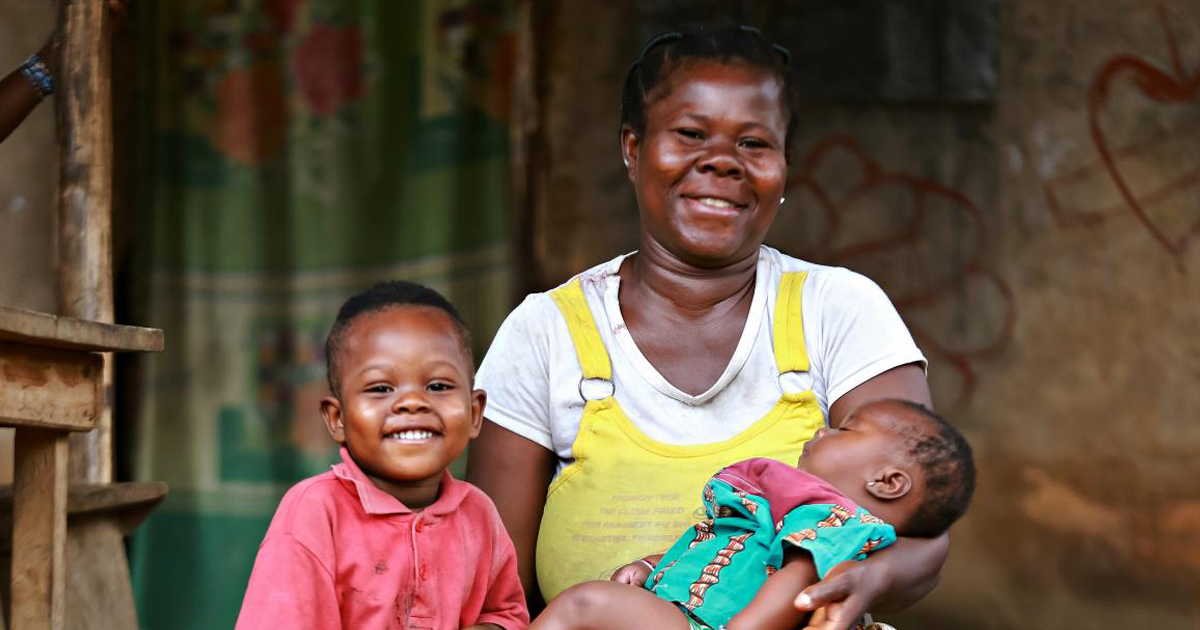Towards the end of 2020, the Committee on the Rights of Persons with Disabilities established the Working Group on Deinstitutionalisation in response to a critically acclaimed global report launched by the Covid-19 Disability Rights Monitor on the impacts of the Covid-19 Pandemic on the enjoyment of the rights of persons with disabilities. The report highlighted shocking findings on the extremely disproportionate impact of the pandemic on persons with disabilities, and specifically, the exacerbating role played by institutions and indeed institutionalisation.
The Working Group on Deinstitutionalisation was charged with the task of drafting guidelines for state parties on deinstitutionalisation of persons with disabilities, including and especially in emergency institutions. The Guidelines draw from state party obligations under Article 19 of the Convention on the Rights of Persons with Disabilities, as well as the Committee’s General Comment No. 5 on the same article. It is envisioned by the Committee that the guidelines will foster the implementation and realisation of the right to live independently and the right to be included in the community.
The highly participatory process commenced almost immediately, kicking off with broad-spectrum online regional consultations that took place between January and June 2021. The regional consultations gathered contributions from more than five hundred persons with disabilities as well as their organisations and other relevant stakeholders. These contributions shaped the major thematic areas that would be included in the adopted outline, and later in the guidelines.
The annotated outline of the Guidelines on Deinstitutionalisation of Persons with Disabilities, including in emergency situations was adopted in September 2021 by the Committee. The first part of the annotated guidelines calls upon state parties to recognise the extent of the concept of institutions and institutionalisation; call for an end to institutionalisation in law and practice to restore the dignity of persons with disabilities; identify, address, and eliminate the root causes of institutionalisation as a framework for a successful deinstitutionalisation. Section B of the annotated guidelines provides for what a deinstitutionalisation process should look like highlighting guiding principles, structural concerns such as legal and legislative reform, as well as implementation in line with the CRPD. The Annotated guidelines can be found readily available on the Committee’s website.
Towards the end of 2021, the Committee will publish a draft of the guidelines in which it will call for input through written submissions from all interested stakeholders including state parties to the Convention, persons with disabilities, national human rights institutions, independent monitoring frameworks, and others. We call upon all relevant stakeholders to utilise this opportunity to shape the content of the guidelines.
The guidelines once adopted will be employed in supporting primarily states, but also other stakeholders in ‘overcoming isolation, segregation and discrimination against children and adults with disabilities in institutions.’
The process of drafting these guidelines has been supported by the Global Coalition on Deinstitutionalisation, a global consortium of disability rights organisations of which the Disability Rights Unit at the Centre for Human Rights is part.
For more information, please contact:
Mary Auma
Disability Rights Unit - Researcher
PhD Candidate
mary.auma@up.ac.za
